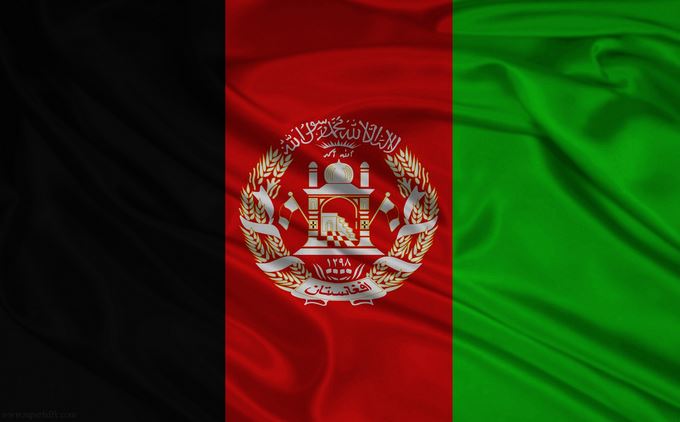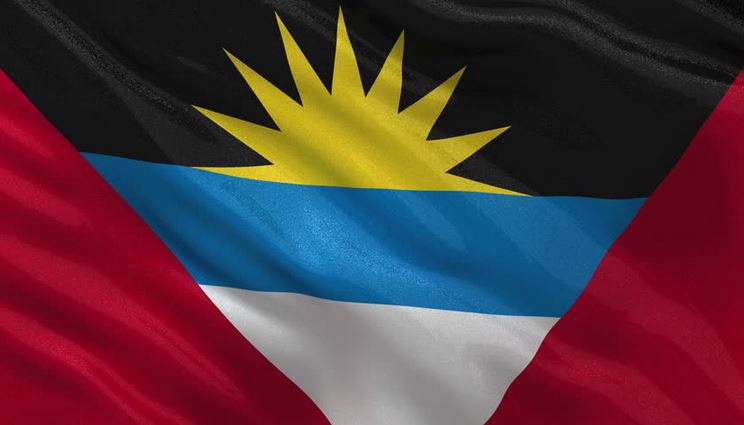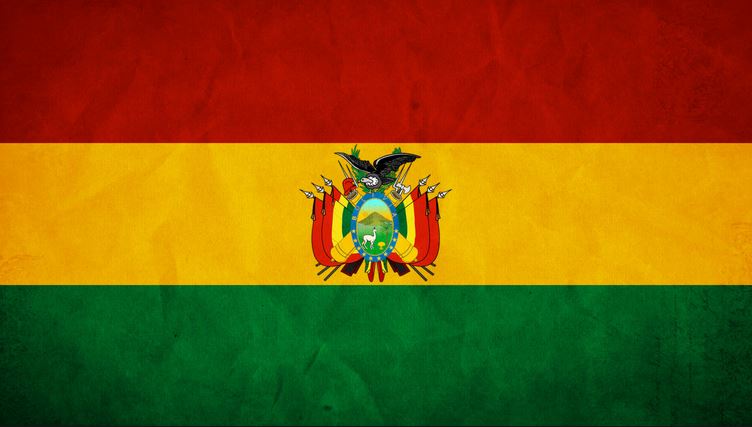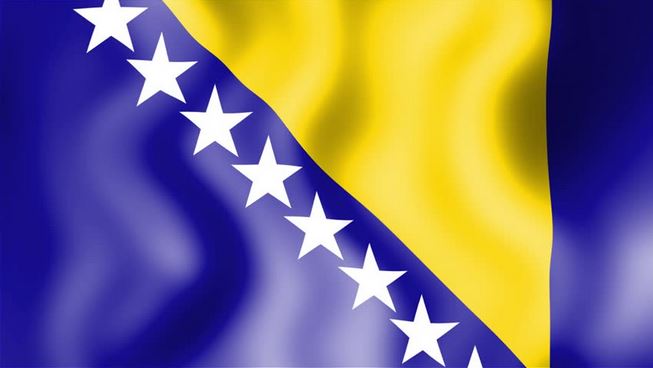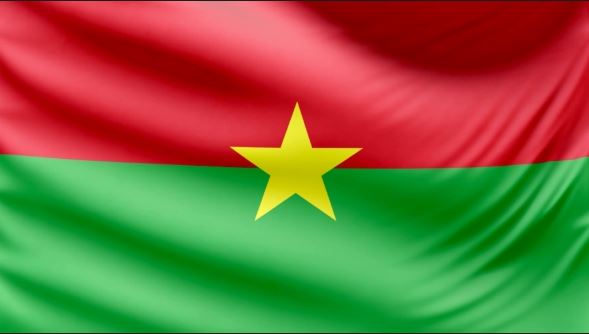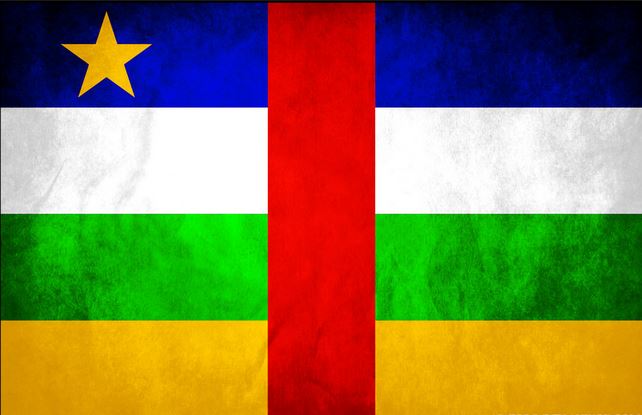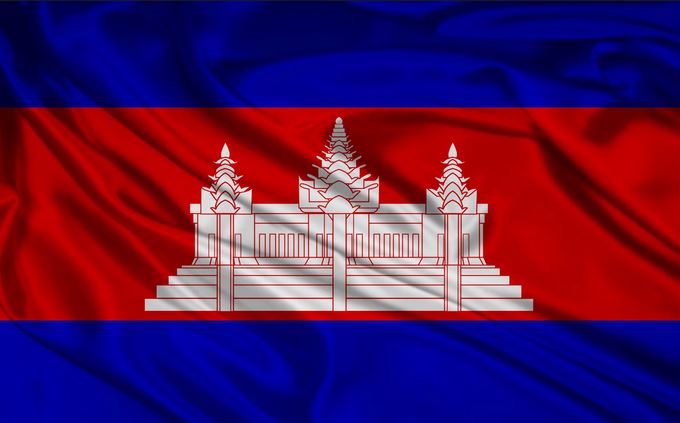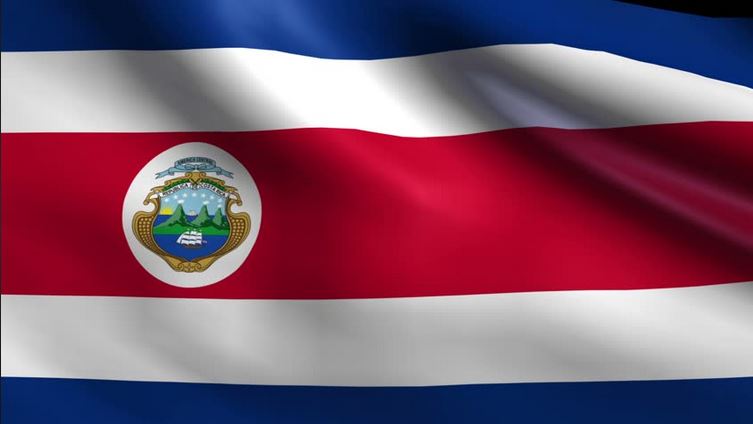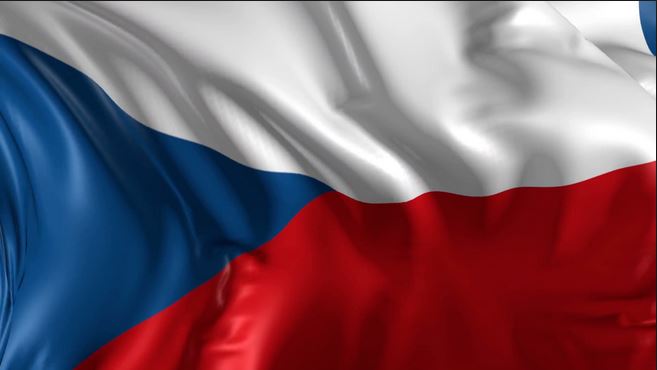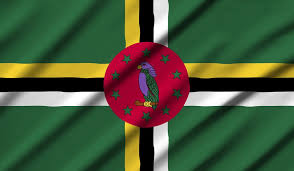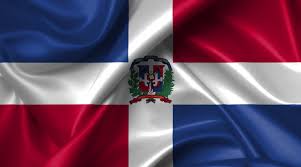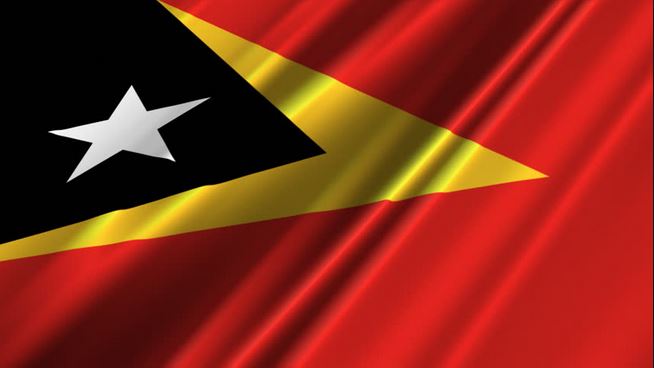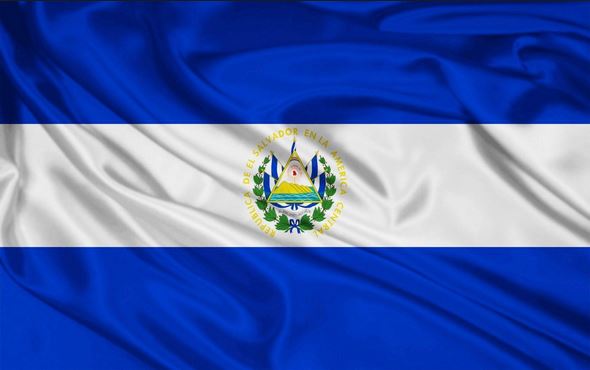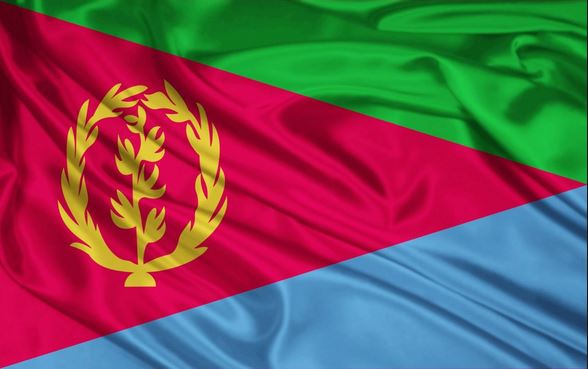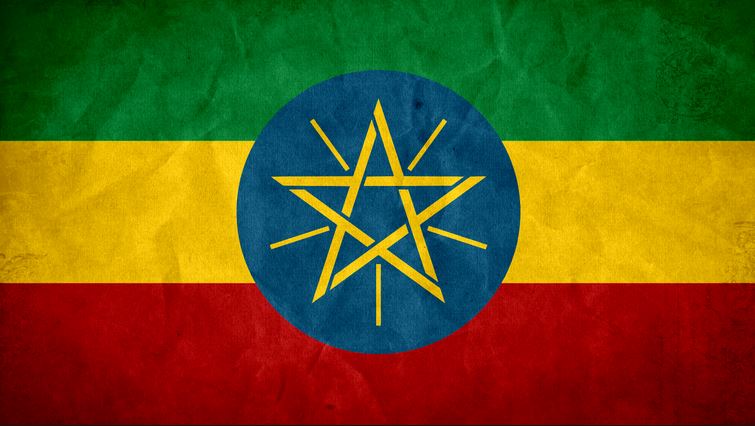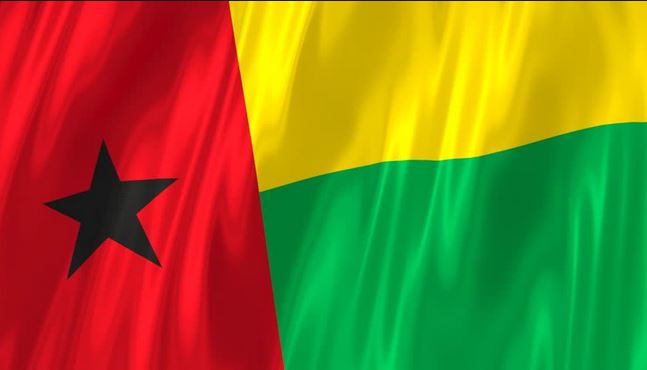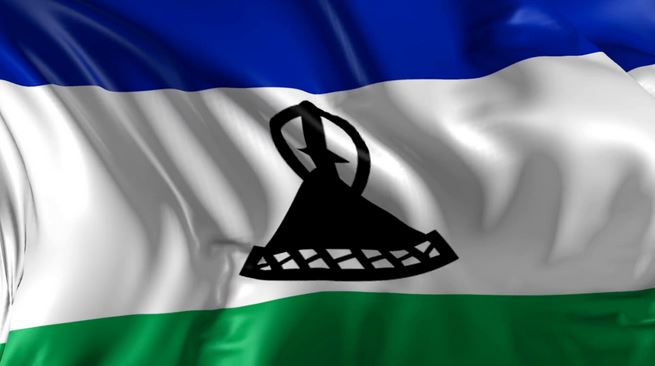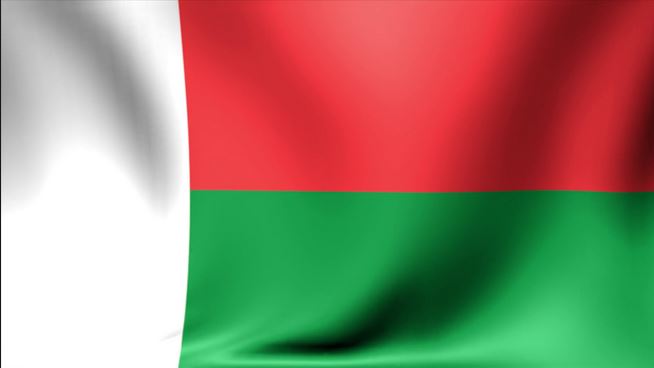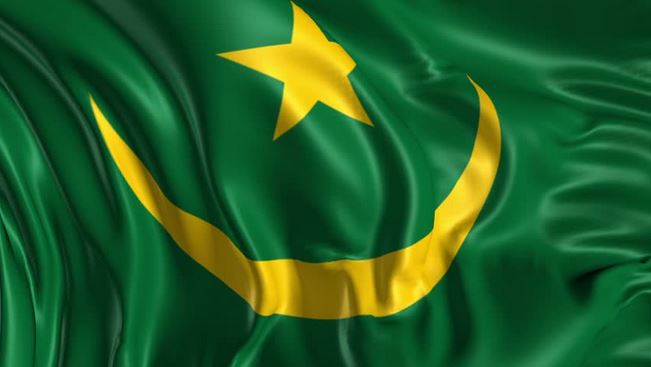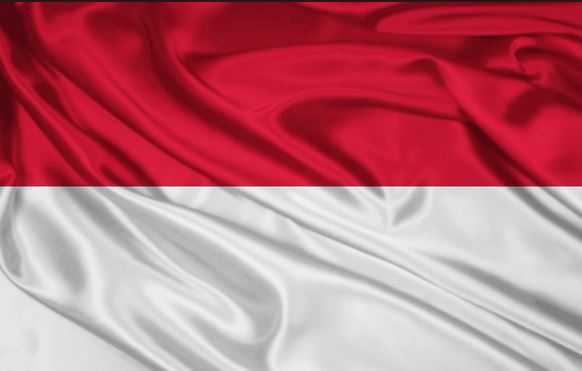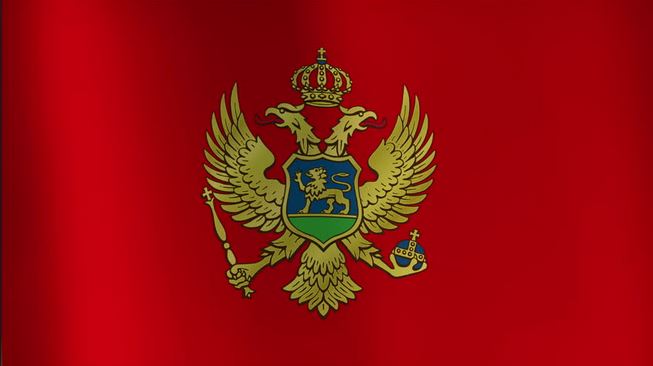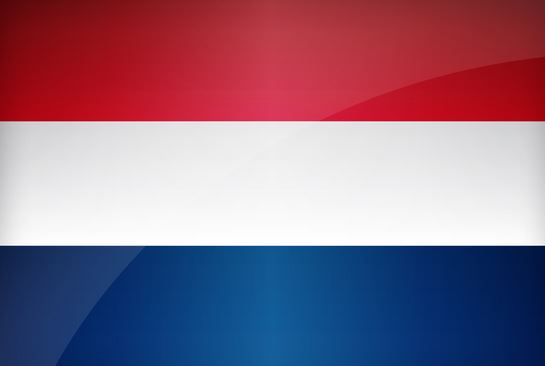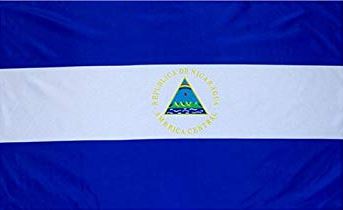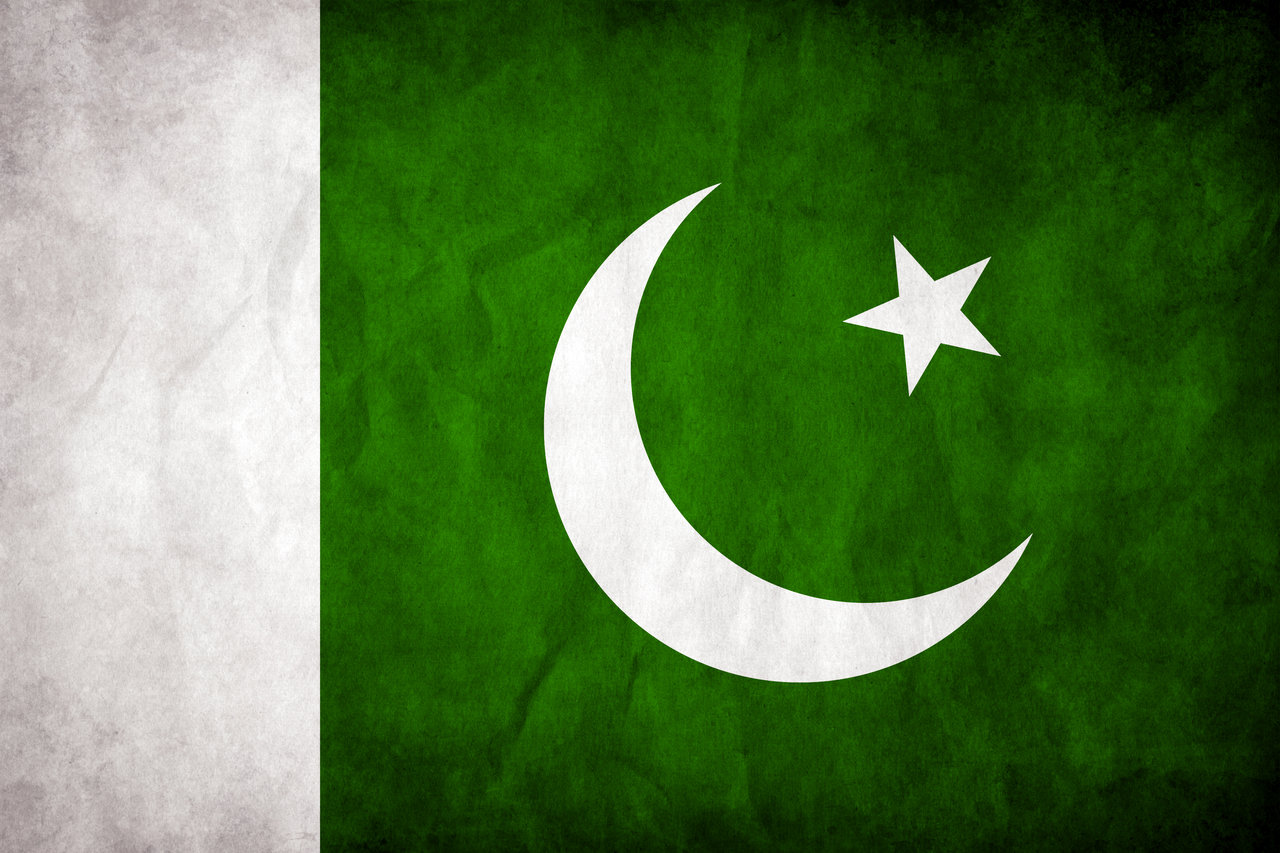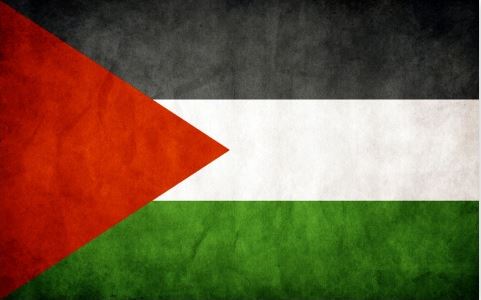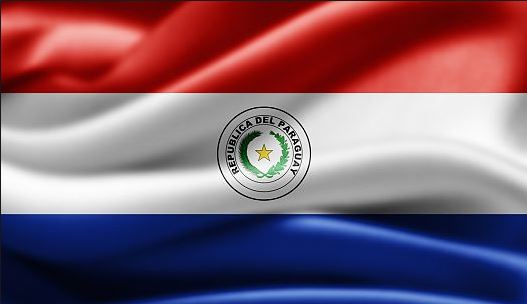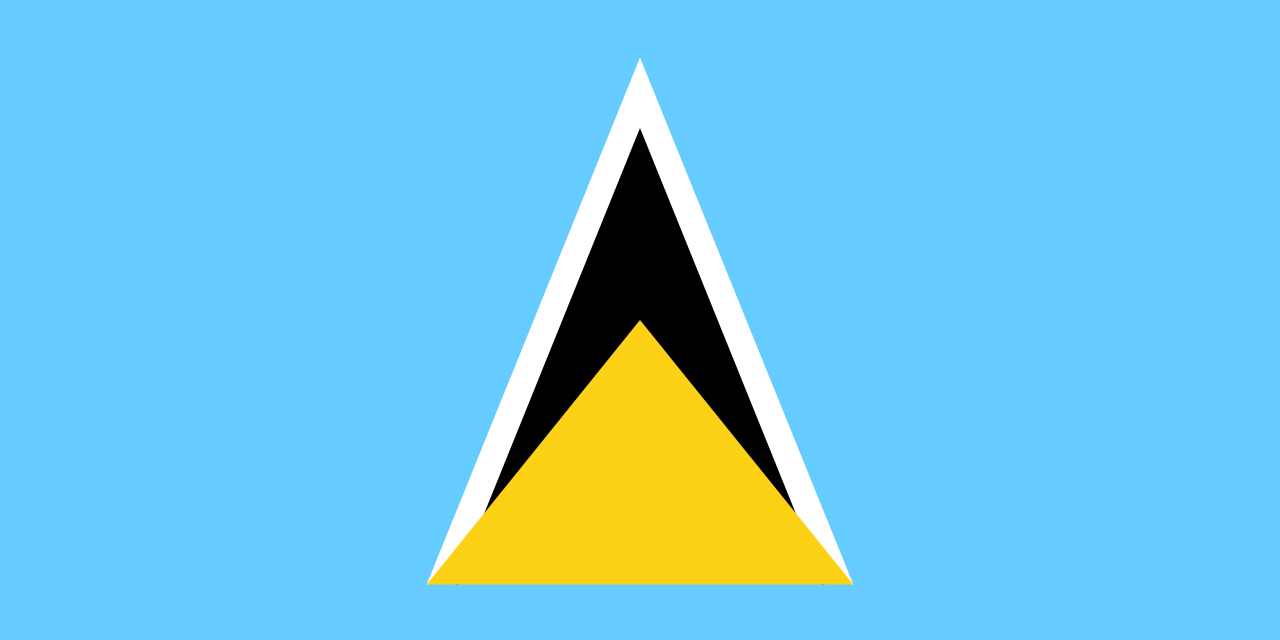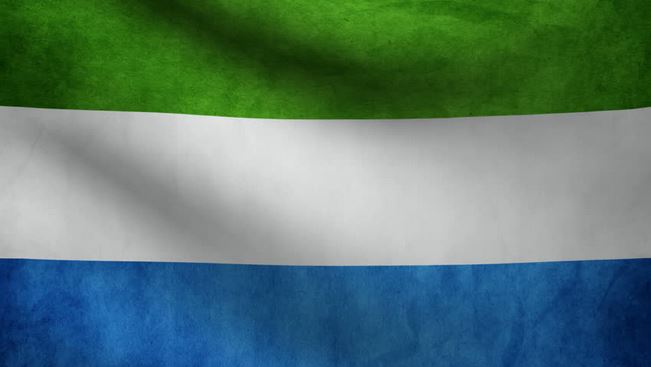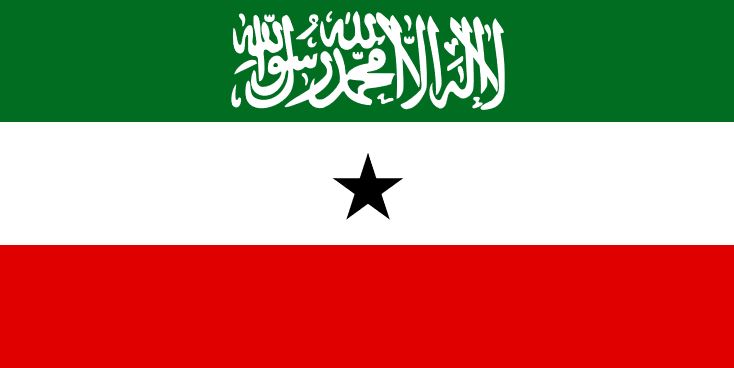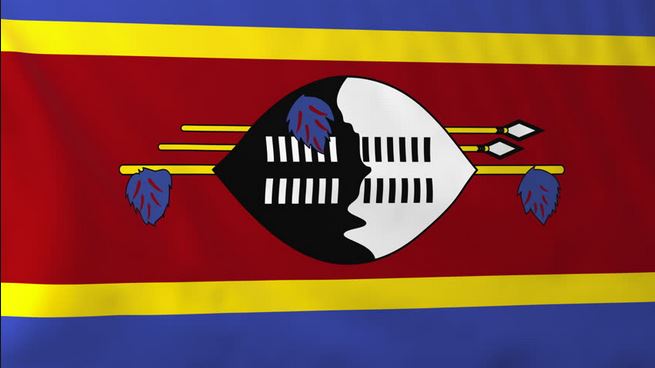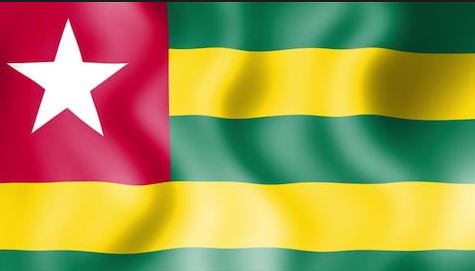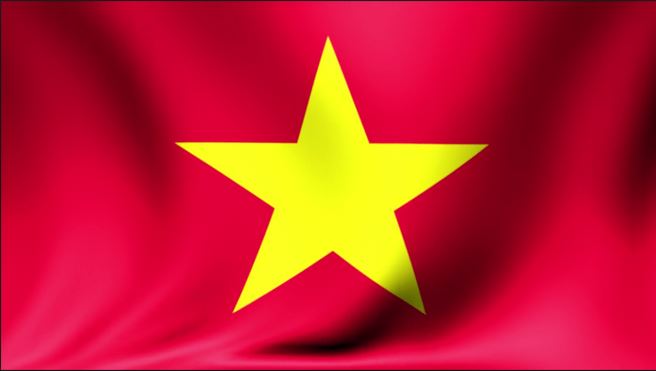Wednesday, 21 April 2021
Heavy Torrential Rains causes deaths, destroys schools, churches and hospitals in Angola. An article by Sofonie Dala
YES, WE MADE IT! First Global African Family Meeting attracts 28 countries around the world
DNT GLOBAL - The first ever Global African Family Meeting (GAFAM) organized in a webinar format by the Diaspora Network Television (DNT), and Accra based TV station attracted twenty-eight countries and several other organizations and personalities.

Split into two segments, Sami Nkrumah, daughter of the Father of Pan-Africanism Dr. Kwame Nkrumah opened the webinar and was followed by presentations from 15 countries all speaking on the theme “Four uncommon, yet important facts about your country in four minutes”
The second segment was opened by Her Excellency Dr. Erieka Bennett who is the Diaspora Ambassador to Africa. Her remarks of her preceded presentations by another 13 countries before the Question and Answer session began.
African Diaspora Development Institute (ADDI) Founder Dr. Arikana Chihombori Quao closed the five-hour long webinar with a powerful delivery on how critical it is for Africans to protect our turn and not allow others to run over us.
Samia Nkrumah (Pan Africanism) - and pointed out that whereas the original intent of Pan Africanism involved countries on the continent, today's pan African efforts must be directed at people of African descent all over the world - “all 1.5, 1.6 billion people,” she said.
Wendy Mthembu (South Africa) - Wendy expressed sadness that South Africa is getting more and more westernized at the expense of the native South Africans and she looked no farther than the various missionaries set up to propagate the Christian religion as part of the cause
Richard Lisuma Botele (Democratic Republic of Congo) - The 2023 planned presidential candidate began by highlighting the vast natural resources that his country is blessed with but for which the citizens are not getting much but his internet connection appeared to adversely impact his delivery of him and had to abort.
Michael Jacob (Nigeria) - Author of the book entitled “Audacious move from the Diaspora '” Michael laid emphasis on the uniqueness of Nigerians and explained that his people like to be heard so “we can be loud sometimes”, and they like to live the good life and are willing to go out and work hard for it.
Namata Musisi (Uganda) - Musisi lives in Accra, Ghana and is the Diaspora Coordinator for Ugandan opposition leader Bobbi Wine, and is working with Ugandans in the diaspora including a telecommunications expert who has developed a program to help with accurate diagnosis in Uganda to curd the canker that is causing 24,000 lives under the age of five due to errors in diagnosis.
Geeby Diallo (Senegal) - Diallo stressed the need for all Africans, regardless of different cultures to which they have been exposed, to live in harmony as they do in Senegal. Quoting the famous line from Reggae singer Peter Tosh, Diallo said “no matter where you come from, as long as you’re a black man or woman, you’re an African.”
Sofonie Dala (Angola) - The Global Peace Ambassador highlighted the dichotomy that exists in the capital of Luanda as the most expensive city in the world but yet having over 70% of its inhabitants living in extreme poverty. which is now being compounded by torrential rains killing hundreds of people on a daily basis.
Johannes LeBlanc (Republic of Haiti) - LeBlanc educated attendees about the history of Haiti as the second oldest democracy in the western hemisphere after gaining independence from France in 1804. Yet many countries declined to recognize Haiti as an independent nation thus hindering her development.
HE Tonika Sealy-Thompson (Barbados) - Sealy-Thompson decried the fact that information about people of African descent in Lartin American countries such as Brazil, Colombia, Barbados, is largely unknown. She lso talked about Barbadians who migrated to brazil at the beginning of the 20th Century to build the rail roads but did not speak the language.
Mary Apollo (South Sudan) - Apollo talked about her native South Sudan being the newest country in Africa having attained independence in as recently as 2011. South Sudan has a diverse population and is very rich in natural resources, which Apollo hopes will be managed efficiently to develop the country.
John Lennon (Jamaica) - Dr. John Lennon, a clean energy advocate, dove right into his presentation of him immediately highlighting the challenges and opportunities in the energy sector in Jamaica. He reported that Jamaica has the most expensive electricity rates in the world but revealed that some schools have successfully removed themselves from the national grid and have paid for the investments they made in installing clean energy.
Ponce Ferguson (Costa Rica) - Ferguson talked about the surprise on people’s faces upon learning that he is from Costa Rica because they cannot wrap their minds around the reality that a person of African descent comes fro a Spanish country. “Africans came on the Conquistador to Costa Rica to work the lands and build the rail roads,” he said
Che Romanus Ngwa (Cameroon) - The Cameroonian Mindset Educator who lives in the DRC capital of Kinshasa focused his presentation on not only Cameroon but on the entire black race. He believes that there has to be a concerted effort to study our pre-colonial history to understand our real identity to help us to move forwards.
Ridwane Koala (Burkina Faso) - Koala spoke about the different ethnic groups in his country and tried to provide information about what they mostly indulge in as their preferred business, but he had connectivity challenges that adversely impacted his audio from him and eventually kicked him off the webinar.
H E Dr. Tonika Lozano-Jackson (Colombia) - “Colombia has the third largest black population in the Americas after Brazil and the United States, Lozano Jackson reported. Also internally displaced Afro-Colombians numbered over 7 million, larger than Darfur, but far less publicized. One gets the sense that Afro-Colombians have been suffering in silence for quite some time because very few identify Colombia with any significant black population.
Nancy Boldwijn (Suriname) - Suriname is a very “green country with approximately 96% of its landscape consisting of forests. Boldwijn reported that Suriname oil and has gold. But they have over 15 political parties for a country of less than hal a million in population. Their two main religions are Christianity and Islam.
Bakane Alliance (Chad) - Alliance began with Chadian statistics - 16 million in population with 200 ethnic groups speaking 150 different languages. Lake Chad has been classified as a UNESCO World Heritage Site, and the current president who has already ruled for 30 years has just won re-election to rule for another seven years.
Daniel Mbompa (Sierra Leone) - Apparently Sierra Leone, not registering on the corruption map of nations, is enduring some very daring instances of corruption. The First Lady’s Budget is larger than many important ministries, 144 billion Euros was missing, and the Auditor’s report wich is supposed to be read in Parliament yearly, has not been read in 2018 and 2019.
Olive Sampson (Guyana) - The people of Guyana trace their ancestral root to the Gold Coast which is now Ghana, and that they celebrate Ghana’s Independence day as “Ghana Day” in Guyana. After Emancipation, when the British lost the free labor of Africans, they imported 100,000 East Indians to replace the blacks resulting in now a majority of the population being of East Indian heritage and “brazenly racist” against blacks.
Frank Gisha Mugisha (Rwanda) - Mugisha articulated how Rwanda went from a UN declared failed state to now being touted as one of the best success stories on the continent. Rwanda exhibits the best collaborative example of private and public partnerships that has placed its capital Kigali as perhaps the best city in Africa.
For five hours, over 200 people from all corners of the globe logged on at one point or another with many of them inhibited by the internet quality within their countries. Yaw Sakyi and Rabiatu Abdullah both of DNT did an outstanding job of moderating the webinar as did the technical team including Maame Dufie, Gifty Okoampah, and Grace Adorboe with Samuel Owusu Asare supervising production of the entire webinar.
While Cote d'Ivoire, The Gambia, Burundi, and Egypt could not log on due to technical difficulties, Rutendo Martinyarare of Zimbabwe had an emergency conflict and had to attend to the other activity. Cameroon's Kwoh Elonge had a death in the family and had to bow out at the eleventh hour, but Che Romanus Ngwa stepped in at the last minute to present for his original country and ceded the DRC presentation to his alternate Richard Botele whose internet connectivity failed him during his report.
Overall the patronage was “historic” as one attendee put it. “This must be repeated,” another insisted.
DNT is thankful that when we called, the world heeded our call. It is noteworthy that the geographically diverse location of the participants is a reflection of the global reach of the Diaspora Network Television. And as DNT continues to reach audiences of African Descent from all corners of the world, we can only promise that we have only just began.
This is the main vision of the GAFAM.




















The DNT Special Report on GAFAM
………………………………………………………………
Sofonie Dala - Global Peace Ambassador 2020-2022
A Royal Encounter at Madame Tussauds London - Part 7
Exploring the Majesty of the Palace and Its Distinguished Guests Greetings, ladies and gentlemen! My name is Sofonie Dala, and I am deligh...

-
Since the July 26 coup, Niger has become the latest hotbed of disinformation in the troubled Sahel region as West African powers grapple wit...
-
Angolan President of Republic João Lourenço marked Saturday (26) the third year of his five-year in office, marked by the strong negative ...
-
Celebrating Purpose, Passion & Powerful Public Engagements! Dear Changemakers, As we reach the midpoint of 2025, we’re thrilled to sha...


















